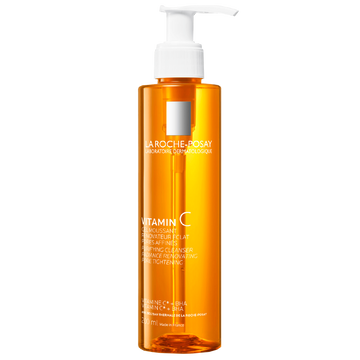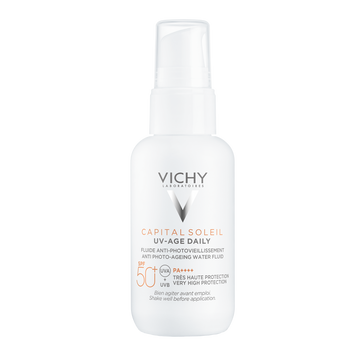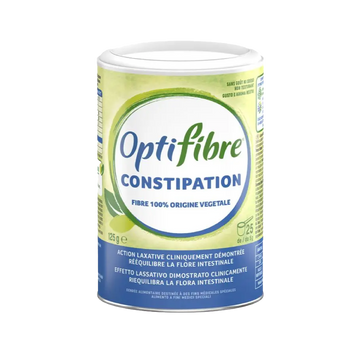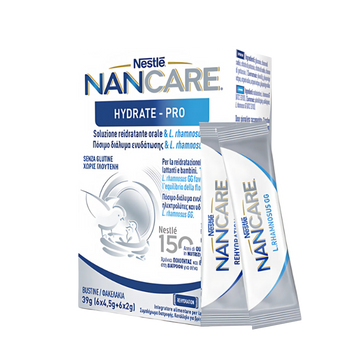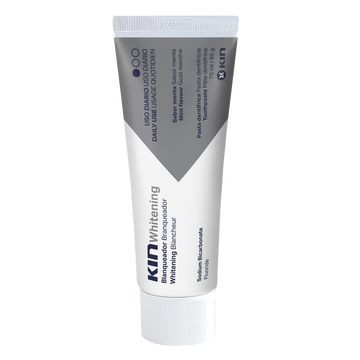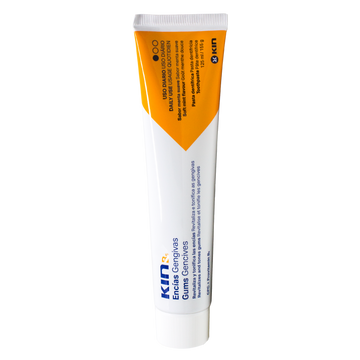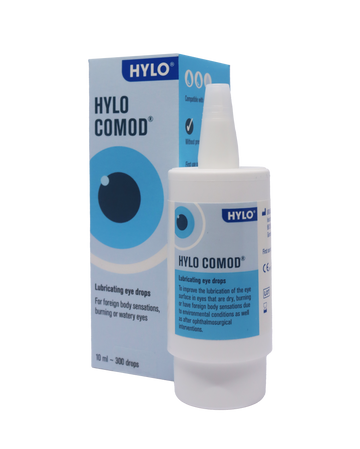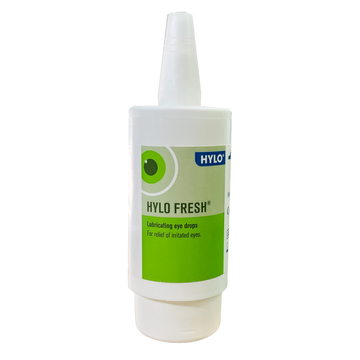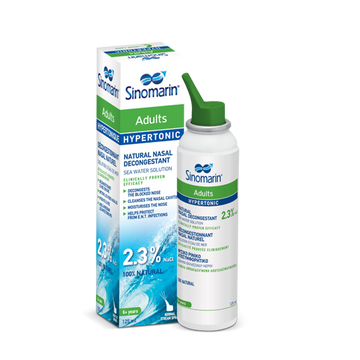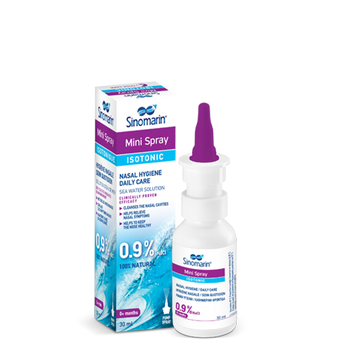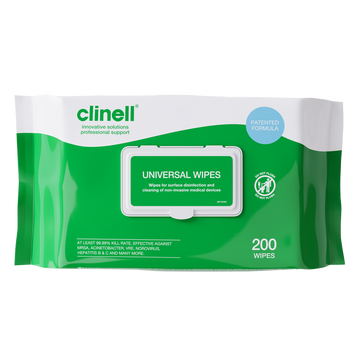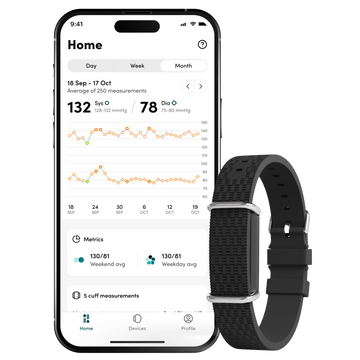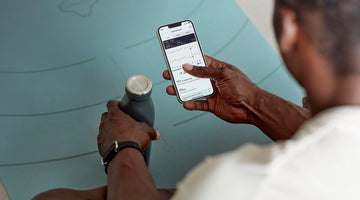You probably know your blood pressure can rise and fall depending on what you’re doing, like after an intense workout or a salty meal. But if you’re tracking your blood pressure at home, you might be wondering: when’s best time to take a reading to get the most accurate picture?
Although it might seem like a small detail, timing your readings poorly, like only measuring when your blood pressure tends to spike or dip, could lead to inaccurate assumptions about your cardiovascular health. This could result in overcorrecting, under-treating, or missing the issue altogether.
To avoid that, it’s helpful to take your blood pressure at the most stable time of day for your body. That timing can vary depending on your routine, so let’s look at when and how to take accurate readings, and what factors may affect them.
Best Times to Check Blood Pressure
Blood pressure naturally varies throughout the day. It’s generally lowest when you first wake up and highest during or right after physical activity.
For the most accurate overview, it’s a good idea to take readings at multiple times throughout the day, then average those numbers to get a baseline. Once you know your body’s pattern, you can choose the most reliable time for daily checks.
Factors That Temporarily Influence Blood Pressure
Several everyday activities can cause short-term changes in blood pressure, such as:
- Eating: Heavy meals might lower blood pressure as blood flows to the digestive system, while salty or processed foods can raise it.
- Caffeine: Can temporarily increase heart rate and blood pressure.
- Smoking: Known to elevate blood pressure.
- Exercise: Though great for long-term health, it causes a short-term increase during and just after activity.
- Alcohol: Regular intake can contribute to high blood pressure.
- Medications: Some lower blood pressure (like antihypertensives), while others (like decongestants or antidepressants) may raise it.
To avoid inaccurate readings, wait about 30 minutes after eating, drinking caffeine or alcohol, smoking, exercising, or taking certain medications before checking your blood pressure.
Typical Blood Pressure Fluctuations
Morning & Night: Blood pressure tends to be lowest after waking up and before bed.
Midday: It usually peaks, although this can vary person to person.
Tracking your readings throughout the day can help you identify your own patterns and choose the most representative times for future checks.
Nighttime High Blood Pressure
Some individuals experience nocturnal hypertension, or high blood pressure during the night. This can be caused by:
Sleep apnea – interrupted breathing triggers a stress response.
REM sleep – intense dreams may increase heart rate.
Nocturia – waking up to urinate can disrupt blood pressure.
Even if it feels minor, nighttime high blood pressure has been linked to heart problems and organ damage. If your nighttime readings seem elevated, take a few daytime readings too and consult your doctor.
Morning Hypertension
Elevated blood pressure in the morning (between 6:00 am and 10:00 am) is called morning hypertension. It may be related to your body shifting from rest to activity, or from inconsistent medication timing. If your morning readings are high, check at other times as well to understand your overall trend.
How to Measure Blood Pressure Properly
While traditional cuffs are effective, they require consistency and effort. Newer tools such as Aktiia offer continuous, automatic readings throughout the day and night, providing a fuller picture of your blood pressure trends.
Nighttime data is especially valuable, as research shows it may be a stronger predictor of heart health than daytime readings.
What Is a Healthy Blood Pressure?
According to the European Society of Cardiology, consistent home blood pressure monitoring is key to managing hypertension effectively.:
- Optimal: <120 / <80 mmHg
- Normal: 120–129 / 80–84 mmHg
- High-normal: 130–139 / 85–89 mmHg
The most important part of blood pressure monitoring is consistency. For best results, take your readings in the morning and evening, and avoid food, caffeine, or activity for at least 30 minutes beforehand.
While traditional methods work well, newer devices can make tracking easier and more accurate, especially at night.
Disclaimer: This information is for educational purposes only and is not a substitute for professional medical advice. Always consult your doctor for guidance on health concerns or medication.
References
European Society of Cardiology. (n.d.). Home Blood Pressure Monitoring: The European Society of Cardiology Guidelines. Retrieved from https://www.escardio.org/Journals/E-Journal-of-Cardiology-Practice/Volume-7/Home-Blood-Pressure-Monitoring-the-European-Society-of-Cardiology-Guidelines
Blood Pressure UK. (n.d.). How to Measure Your Blood Pressure at Home. Retrieved from https://www.bloodpressureuk.org/your-blood-pressure/how-to-lower-your-blood-pressure/monitoring-your-blood-pressure-at-home/how-to-measure-your-blood-pressure-at-home/
Mayo Clinic, 2023. Caffeine: How Does It Affect Blood Pressure?. [online] Available at: https://www.mayoclinic.org/diseases-conditions/high-blood-pressure/expert-answers/blood-pressure/faq-20058543.
Verywell Health, 2023. When Is the Best Time to Take Your Blood Pressure?. [online] Available at: https://www.verywellhealth.com/when-is-the-best-time-of-day-to-check-my-blood-pressure-1764102.
